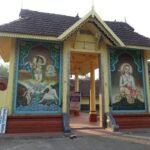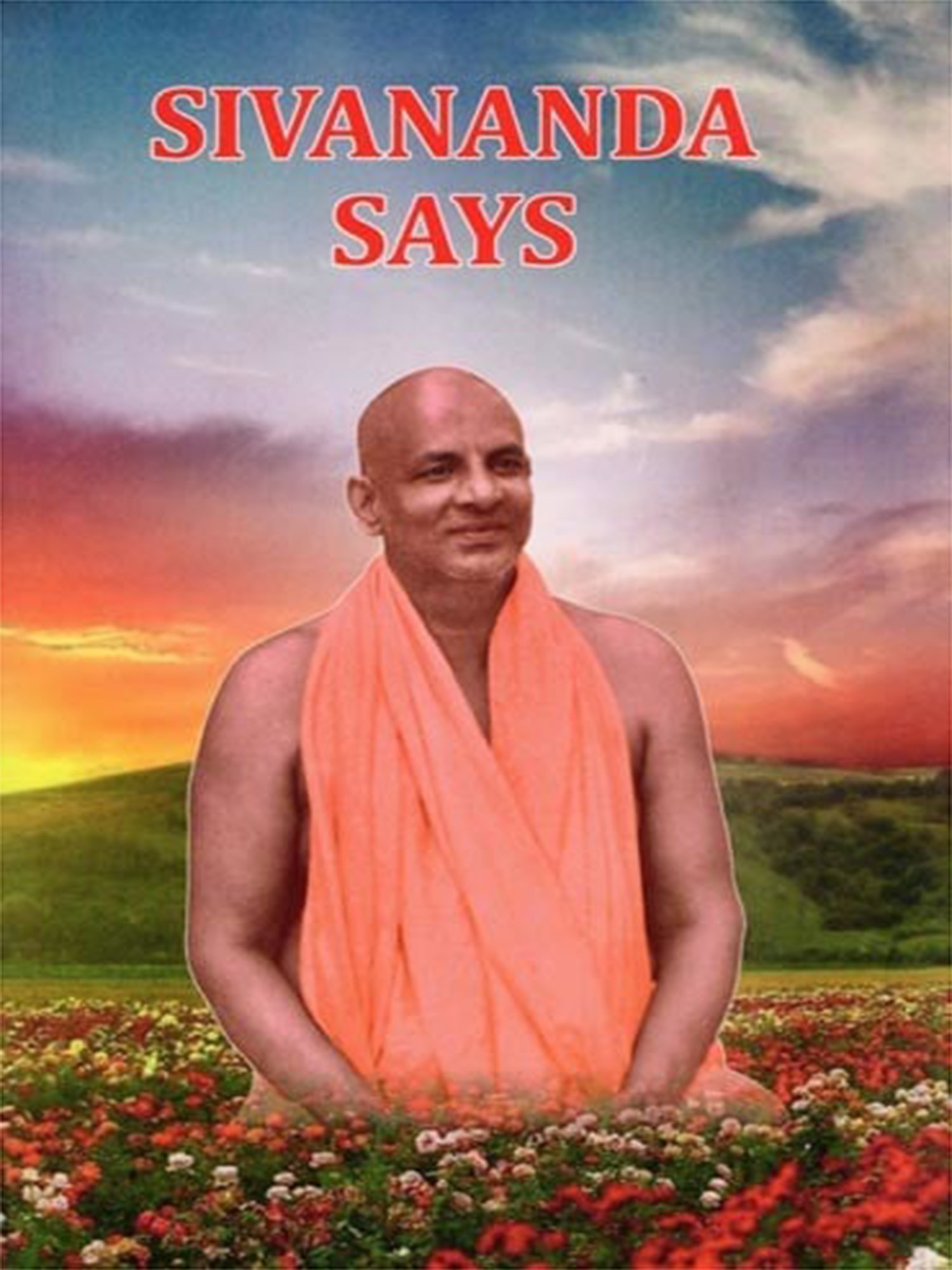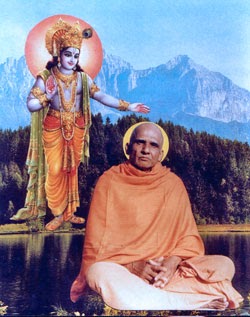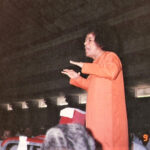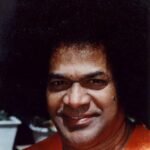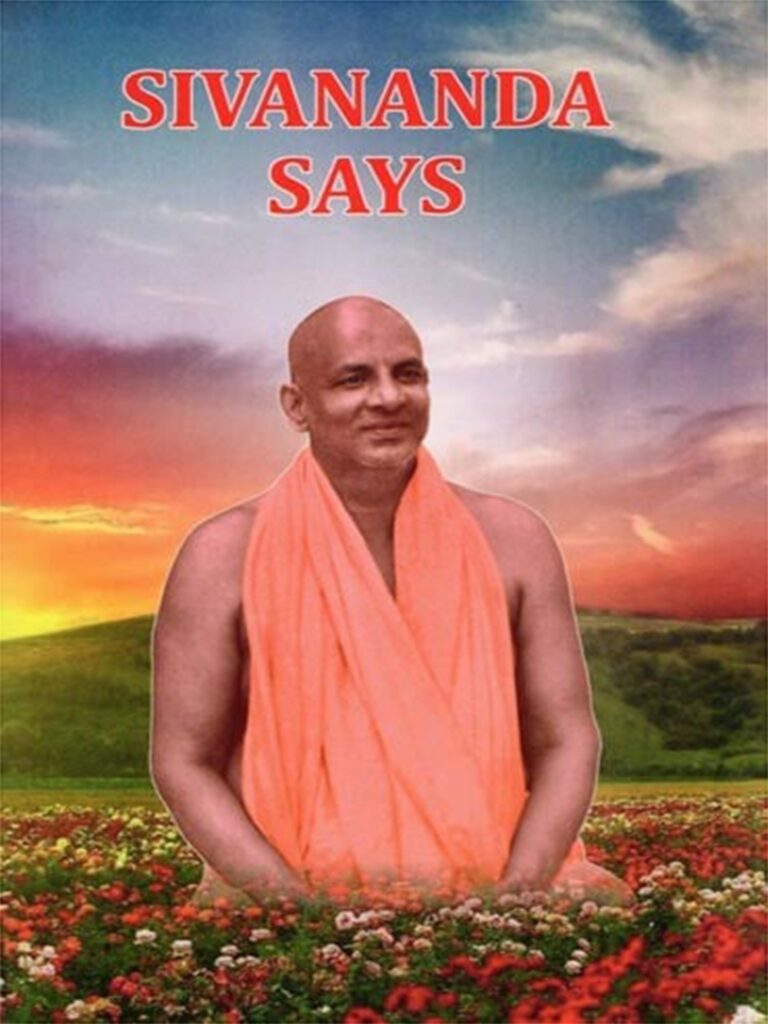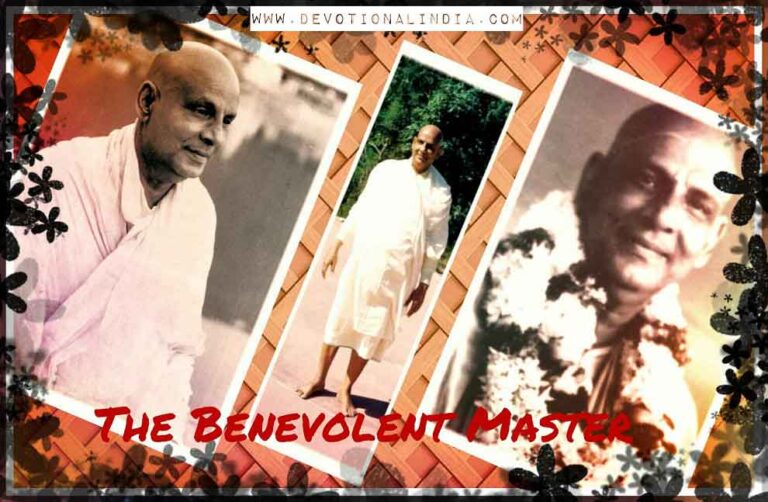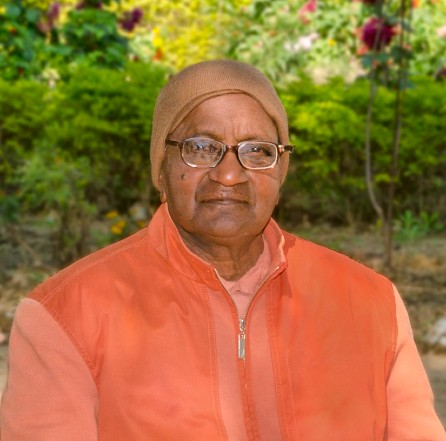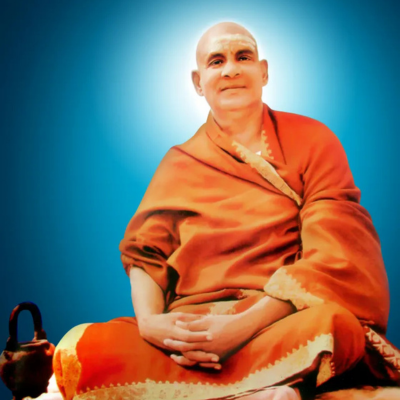Volume forty Two
Volume forty Two (2009-2010)
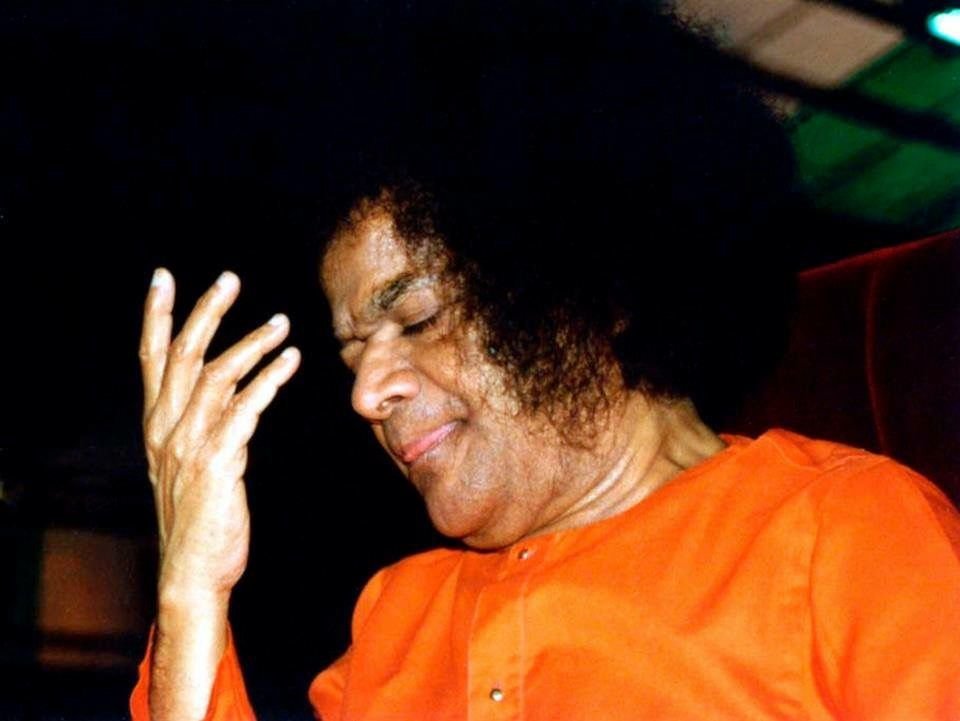
Sathya Sai Speaks – Volume 42 occupies a place of significance in the collected discourses of Bhagawan Sri Sathya Sai Baba. The Sathya Sai Speaks series is composed of 42 volumes, each capturing the divine discourses that Baba delivered over many years, helping devotees to internalize spiritual values and lead a life of truth, love, and service. Volume 42 is indexed in the Divine Discourses Index as containing the discourse titled “The Kingdom” delivered on 22 November 1979, under the heading of The Kingdom of Sathya Sai. In this discourse and others in that volume, Baba’s teachings emphasize the inner spiritual sovereignty each person can attain, exhorting listeners to realize the divine presence within and thereby transform external life. The volume draws attention to the idea that true power lies not in worldly might, but in mastery over one’s own mind, senses, and ego.
\ The teachings also affirm that every human being is destined to rule over the inner realm of love, compassion, and divine awareness — what is meant by the Kingdom. Though the full set of discourses in Volume 42 is not freely summarized online, the inclusion of “The Kingdom” suggests that this volume addresses themes of inner realization, the spiritual path, and the shift from looking outward for salvation to turning inward. As with all volumes in the Sathya Sai Speaks series, Volume 42 is intended not merely as reading material, but as spiritual guidance — to be read thoughtfully, meditated upon, and practiced in daily life. The entire series, including Volume 42, remains deeply cherished by devotees for its clarity, devotional tone, and ability to bridge divine wisdom with practical living.
Volume 42 of Sathya Sai Speaks is famous for containing the discourse titled “The Kingdom”, delivered by Bhagawan Sri Sathya Sai Baba on 22 November 1979 at Prasanthi Nilayam on the occasion of the Annual Day of the Kingdom of Sathya Sai. In this address, Baba focuses on the inner, spiritual kingdom rather than external dominion, urging listeners — especially students and young disciples — to recognize that the true realm one rules over is one’s own mind, conscience, and moral conduct.
He observes that despite tremendous technological advances and wide access to education in modern times, inner peace remains elusive because human behavior has strayed from virtue, truth, and harmony. Baba warns against the corrosive influence of egoism, greed, hatred, deceit, and fragmentation in society, urging people to replace these with selfless sacrifice (tyaga), virtuous conduct, truthful speech, loving thoughts, and harmonious living.
He gives examples from history and scripture, praising great souls such as Jesus, the Buddha, Shankaracharya, and others whose dignity, reputation, and impact stemmed not from power or scholarship but from purity of conduct and consistency in virtue. In “The Kingdom,” Baba stresses that in order to lay the foundation for true peace in the world, one must first cultivate unity, cooperation, respect, and compassion in individual behavior and community life. He appeals especially to students to rise above petty rivalries, factionalism, and superficial ambition, and to devote themselves instead to education infused with ethical ideals and service to society.
The discourse also points out that many people abandon virtue when the lure of prestige, wealth, and position becomes stronger than inner conviction — but true leadership and greatness are established by sustaining virtue under all circumstances, not by external trappings. Baba reminds the listeners that membership in the “Kingdom of Sathya Sai” is not merely a nominal association but carries with it the responsibility to live and propagate the ideals of truth, righteousness, peace, love, and non-violence, through one’s own example.
The discourse in Volume 42 thus serves as a powerful exhortation: the external world can only be transformed when individuals first transform themselves; only when we purify our speech, thoughts, and actions can a true “kingdom” of peace and harmony be established within and around us. In this way, Volume 42, though centering on a single title discourse, encapsulates a key message of Sathya Sai Baba’s teaching: inner transformation is the true path to societal uplift.





